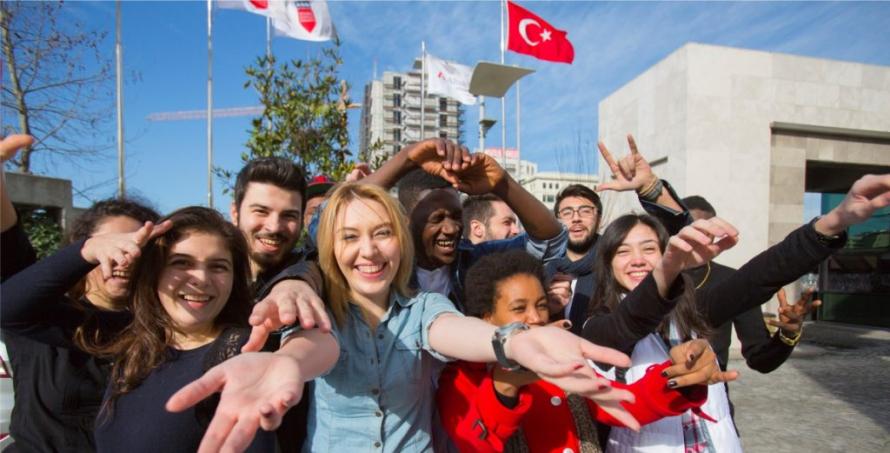
Societies change with migration flows, and they become ethnically, linguistically, and culturally diversified. These migration flows create an environment that makes diversification more visible in terms of different identities, vulnerabilities, gender roles, etc. When these differences become more visible, the static educational system built to serve a homogeneous body faces challenges that cause a crisis in the system's capacity.
To give an example of this crisis in the Turkish educational system, the teachers who are instructed to teach in the context of Turkish-Sunni patriarchal values (in terms of the curriculum, the course books that the educational system provides, and the central educational program) are faced with a group that does not "fit" their program in terms of identity, cultural values, and language. The emerging question is how the educational institutions -in Turkey and elsewhere- will reach inclusiveness.
Educational institutions should be structured to accept and include this diversity instead of homogenizing already diversified audiences and creating school cultures accordingly (Çelik & İçduygu, 2019). In the Turkish context, such a proposition favors the inclusion of Syrians in the Turkish education system since such an inclusion would mean a long-term vision of integration. Therefore, creating inclusive schools that accept diversity and act accordingly is a must for children to adapt to school.
Nevertheless, the example of Turkey points out that by implementing a homogeneous program, the schools apply a kind of symbolic violence to groups, which do not share these values (Bourdieu, 1998). The project of KIDS4ALLL allows us to question, challenge this homogeneity. It raises awareness about innovative learning methods that promote inclusiveness for immigrant and non-immigrant children’s adjustment to school.
For example, in the last KIDS4ALLL Cross-national workshop on "Multilingualism" with educators, the Turkish elementary school principal, Mr. Özcan introduced peer-to-peer learning from the early stage of preschool education in his school as one of the influential "good practices." He highlighted its significance in the inclusion of immigrant and refugee children in the learning environments.
Such dialogues and further collaborations with the educators internationally within the project's scope will provide fruitful insights on its objectives.
Bibliography
- Bourdieu, P. (1998). La domination masculine. Paris: Seuil.
- Çelik Ç. & İçduygu A. (2019). Schools and Refugee Children: The Case of Syrians in Turkey. International Migration, 57/2, p. 253-267.
